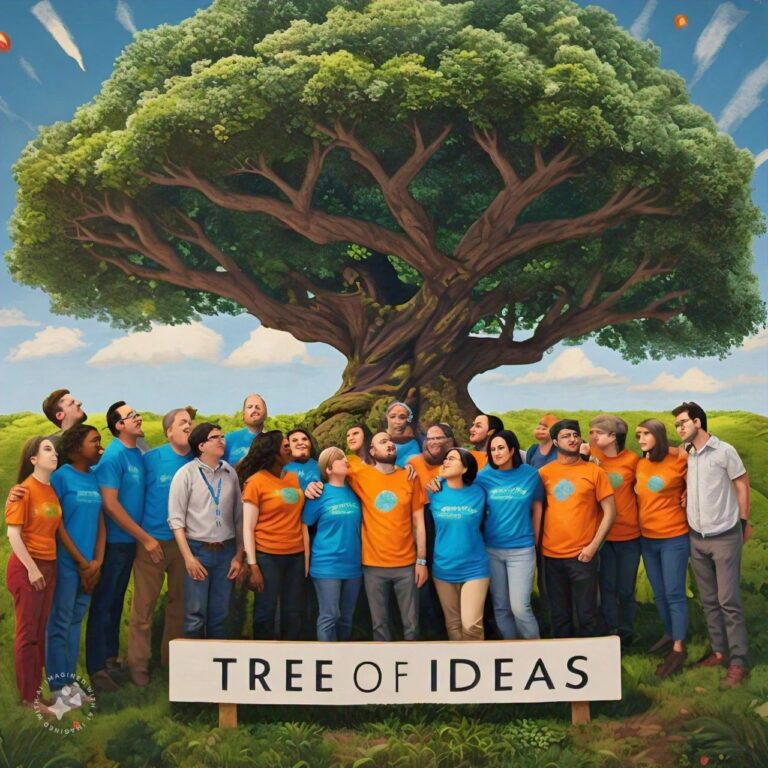Introduction:
Islamic charities play a pivotal role in providing vital, lifesaving assistance to those in need. Their swift response in delivering aid is commendable, often reaching disaster-stricken areas where mainstream charities face logistical challenges. However, the success of these charities can pose challenges such as donor fatigue, confusion among contributors, and inefficiencies in resource allocation. This proposal advocates for the urgent need for Islamic charities to come together, collaborate, and establish a coordinated approach to maximise their impact.
1. Rationale for Coordination:
a. Addressing Donor Fatigue: With the rising cost of living and limited resources, there is a growing concern about donor fatigue. Donors who genuinely want to help may become overwhelmed by multiple donation requests from various Islamic charities. Coordinated efforts will help prevent donor fatigue by streamlining appeals and providing clarity.
b. Maximising Limited Resources: Islamic charities serve as lifelines for communities in crisis. By coordinating their efforts, they can allocate limited resources more efficiently. This ensures that each charity specialises in specific areas of aid, reducing duplication and waste.
c. Improving Donor Engagement: A coordinated approach allows donors to select specific causes or services they want to support, increasing their engagement and satisfaction. When donors see charities working together toward a common goal, they are more likely to remain responsive and committed.
2. Proposed Approach:
a. Segmenting Services: Islamic charities should categorise their services into distinct segments, such as food, shelter, medical aid, child support, disaster relief, tents, blankets, orphan support, microfinance, and education. Each charity can then specialise in one segment to provide focused and effective assistance.
b. Unified Appeals: By unifying their appeals, charities can communicate a clear and cohesive message to donors. This approach ensures that donors understand the specific needs being addressed and how their contributions will make a difference.
c. Disaster Committee: To address disasters swiftly and efficiently, we propose the formation of an Islamic Charity Disaster Committee. This committee would consist of representatives from various Islamic charities who can quickly convene, assess disaster situations, and allocate responsibilities for fundraising and relief efforts. InshAllah
3. Benefits of Coordination:
a. Enhanced Impact: A coordinated approach will result in a more significant impact on disaster-affected communities. Charities can focus on their specialised areas, leading to a more efficient and effective humanitarian response.
b. Improved Donor Confidence: Donors will have greater confidence in their contributions, knowing that their chosen charity is part of a larger, coordinated effort. This transparency builds trust and encourages continued support.
c. Long-Term Sustainability: Coordinated efforts pave the way for sustainable development beyond immediate relief. Charities can collaborate on long-term projects that address the root causes of crises, contributing to lasting change.
Conclusion:
Considering the challenges posed by donor fatigue, confusion among contributors, and the need for efficient resource allocation, Islamic charities must unite and establish a coordinated approach. This proposal suggests segmenting services, unifying appeals, and forming an Islamic Charity Disaster Committee to maximise impact, enhance donor confidence, and ensure long-term sustainability. By working together, these charities can better serve humanity and fulfil their noble mission.
Wa’qar





